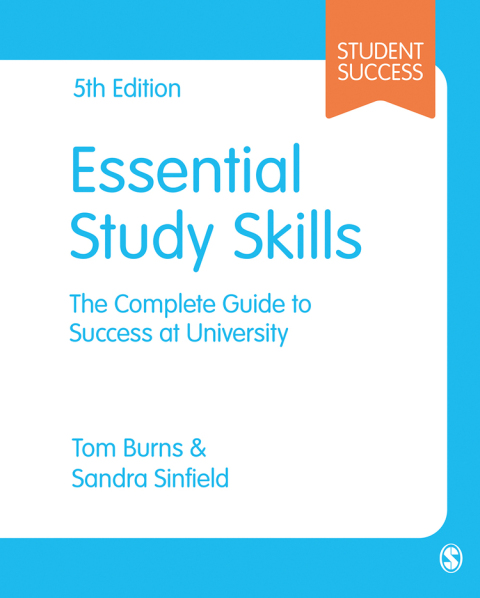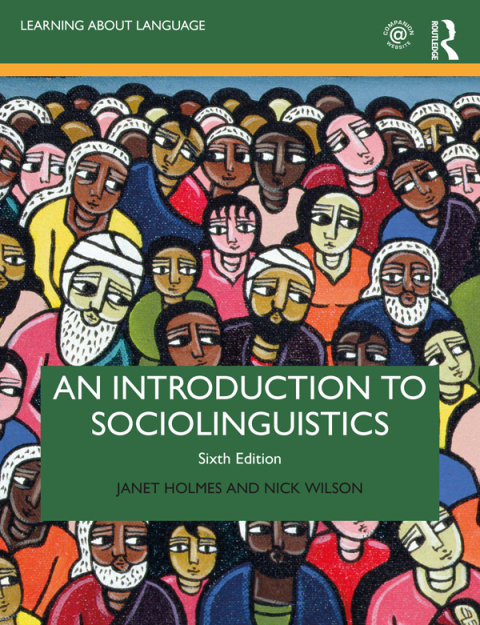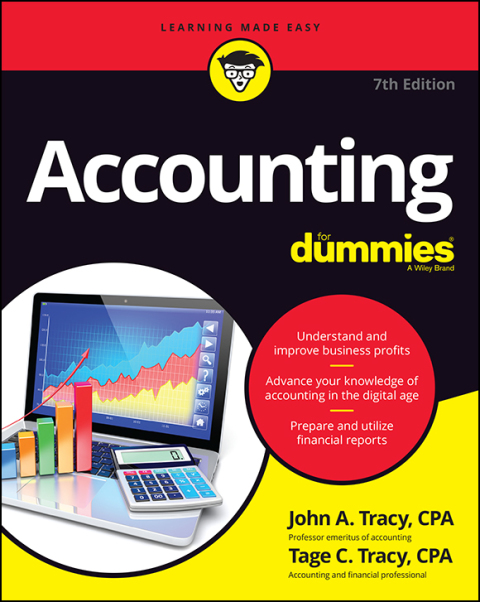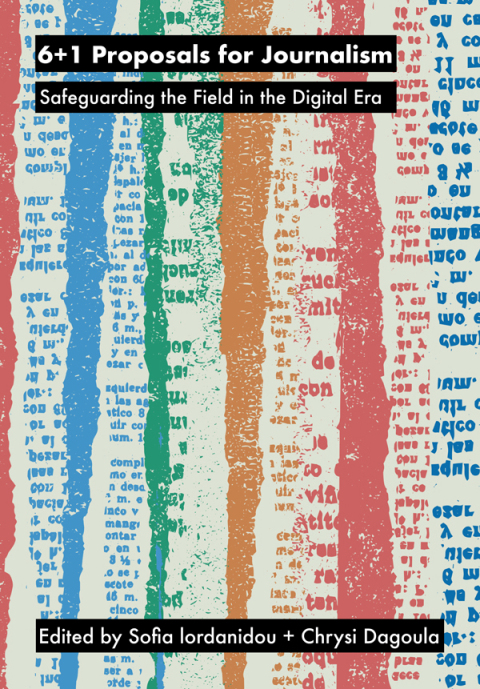Description
Efnisyfirlit
- List of Figures
- About the Authors
- Acknowledgments
- Companion Social Media Site
- Part One The Starter Kit
- 1 Introduction
- Introduction and welcome
- What is university for?
- University is changing
- Introducing us
- Introducing the book itself
- It takes time
- Get out of your comfort zone
- Using this book
- Reflect on it: Keep a diary, blog or vlog
- Social media support
- Coming to university: Hopes and fears
- Activity: Quick quiz: Get ready to study
- Six steps to successful study
- The six steps
- Six steps to success
- Study techniques can be learned – good students are made, not born
- Overview is vital – everybody needs the big picture
- Creativity is essential – and can be developed
- Communicate effectively – have something to say
- Emotions rule – how to survive and thrive
- Review – without reflection there is no learning
- Summary
- Further reading
- Activity: The successful student checklist
- 2 How to Learn, How to Study
- Introduction
- Activity: Past learning experiences
- What is learning?
- Active learning
- Creative and multimodal learning
- Make learning different
- The playful university
- The study apron
- Build on the visual
- Hear it, say it
- Activity: Learn how to learn
- Studying: When, where and how
- When should I study?
- Organisation and time management
- Where to study
- Make the space work for you
- How to study
- The lecture
- The seminar or workshop
- The tutorial
- Blended learning
- The virtual learning environment
- Independent and interdependent learning
- A beginner’s guide to taking control of your studies
- Summary
- Activity: The time sponge
- Further reading
- Activity: 1) Write a learning contract and 2) Fill in your timetables
- 3 How to Survive and Thrive
- Introduction
- Introducing positive thinking
- Feel the fear… and do it anyway
- Why do we experience fear?
- Promote your wellbeing: Reframe fear
- The positive student
- Keep going: Say it, write it, do it
- Get help if you need it
- The counselor says
- Personal and/or academic tutor
- Subject librarian (academic liaison librarian)
- Learning and writing development
- Student union
- Student support services
- And finally
- Activity: Positive things to do at university
- Part Two The Survival Kit
- 4 How to Enjoy Academic Reading
- Introduction
- Reading: Engaging with key ideas and people
- The problem with reading
- Activity: A beginner’s guide to reading
- An active reading strategy: QOOQRRR
- QOOQRRR in more detail
- Question
- Overview – course
- Overview – text
- Question: Why am I reading this now?
- Read – actively and interactively
- Re-read – make notes
- Review notes
- Get ready to read
- A quick note on plagiarism
- Activity: Make reading fun
- Summary
- 5 How to Make the Best Notes
- Introduction
- Activity: Brainstorm: What’s the point of making notes?
- Notemaking is active learning
- A beginner’s guide to ideal notes
- Linear notes
- The problem with linear notes
- Cornell notes
- Concept maps
- Mindmaps
- Pattern notes
- Patterns are best
- A beginner’s guide to pattern notes
- The revision cycle
- Big notemaking tips
- Summary
- Further reading
- Activity: First lecture questions
- 6 How to Be Analytical and Critical
- Introduction
- Critical thinking
- It’s all about critical thinking
- Activity: Practising critical thinking
- What if…
- Critical questions for reading and writing
- Reading tips
- Writing tips
- First break the question down
- Use the paragraph questions
- Flawed logic
- Summary
- 7 How to Be Reflective
- Introduction
- Reflective learning
- Without reflection there is no learning
- The reflective learning diary
- A beginner’s guide to reflective learning
- Reflective learning prompts
- Reflection on practice learning
- Policy and practice
- Assessing experiential learning
- Gibbs, Kolb and Schon
- Gibbs’ reflective cycle
- Kolb’s cycle
- Schon’s model of experiential learning
- How honest should I be?
- Tips on reflection
- And finally – your projects
- Summary
- Activity: Get blogging
- 8 How to Get On in Groups
- Introduction
- Building a group identity
- How we do it
- Unconscious bias
- Study groups and personal learning networks
- Thriving in assessed group work
- What is group work?
- Building a compassionate pedagogy
- Why group work?
- Advantages and disadvantages of group work
- How to ‘do’ group work
- Activity: Take control of group work
- A business-like approach to group work
- Belbin’s group roles
- Adair’s processes
- A beginner’s guide to group work
- Summary
- Further reading
- Activity: Use the ten steps to success approach – with an observer
- 9 How to Become an Excellent Digital Scholar
- Introduction
- Covid-19 changed everything: We are all digital now
- Being a digital student
- The right hardware
- Great software
- Save it
- Virtual or augmented reality
- Social media
- YouTube if you want to
- Become a digital success: Work out loud
- Virtual learning environments
- Blog to learn
- Twitter for learning
- Do a free MOOC
- Using your digital devices for research
- Using your library e-resources
- Bookmarking
- Evaluate your online sources
- Digital assessments and coursework
- Prevent plagiarism
- Summary
- Activity tips: How to make the digital work for you
- Part Three The Big Assessment Toolkit: Assessments – How to Excel
- 10 University Assessment and How to Succeed
- Introduction
- Understanding and passing your course
- Take control
- Understanding assessment
- Formative and summative assessment
- Formative assessment is developmental
- Summative assessment is final
- Feedback/forward
- Activity: Dealing positively with feedback/forward
- Understanding assignment formats
- The essay
- The reflective essay
- The patchwork assessment
- The report
- The dissertation
- The presentation
- The portfolio
- The project – or problem based learning
- The exam
- The digital artefact
- The literature review
- The reading record
- The annotated bibliography
- Ten steps to assignment success
- Prepare
- Targeted research and active reading
- Write – read – write
- Settle on a first draft
- Leave it!
- Review, revise and edit: Struggle to write
- Proofread
- Hand it in – celebrate
- Getting it back: Think first
- Getting it back: What the tutor said
- Activity: Talk yourself through an assignment question
- Overcoming writing blocks
- Some positive writing strategies
- Activity: Free writing for assignments
- Summary
- Further reading
- Activity: Rich writing
- 11 How to Reference and Avoid Plagiarism
- Introduction
- Reading, referencing and preventing plagiarism
- It is all about referencing
- Activity: Some reasons for plagiarising
- Summary
- Activity: Use your index cards or online referencing tools
- 12 How to Write Great Essays
- Introduction
- What is an essay?
- The legal precedent
- Why write essays?
- The essay explained
- The ‘body’ as argument – the paragraph as dialogue
- The introduction
- The conclusion
- References
- The five paragraph essay
- How to prepare and write an essay
- A beginner’s guide to essay writing
- It starts with the question
- Activity: Thinking around an essay question
- More ways to think about the question
- Activity: Thinking about ‘instruction words’
- SWOT it: Using feedback/forward
- SWOT
- Appreciative Inquiry
- Summary
- Activity: Use the essay checklist
- 13 How to Produce Excellent Reports
- Introduction
- What is a report?
- The ideal report
- Why write reports
- Professional development
- Research projects and dissertations
- The audience or reader
- How to approach reports
- Get creative
- Take logical steps
- Question yourself
- What’s my paradigm: Choosing your methodology and data gathering method
- Transparency, justification, creativity and analysis
- Writing it up
- Getting students started: How we do it
- Summary
- Activity: Different reports, their implications and the questions to ask
- 14 How to Devise and Deliver Excellent Presentations
- Introduction
- What is a presentation?
- It’s a talk
- It’s an act
- It’s interactive
- It’s a scholarly convention
- Why do we set presentations?
- The elevator pitch
- How to succeed in presentations: The four Ps
- Plan
- Prepare
- Practise, practise, practise
- Present: Performance tips and tricks
- Activity: Get creative with your presentations
- Group presentations: Essential things to do
- Seminars and workshops
- The seminar
- Workshops
- Summary
- Coda
- Activity: Use the presentation checklist
- 15 How to Revise for and Pass Exams
- Introduction
- What are exams and why do we set them?
- ‘How long should the answer be? I’m dyslexic and write slowly.’
- ‘I’ve got a really bad memory: How can you learn a whole year’s work in three weeks?’
- ‘I know I’m unusual but… I really love exams and hate coursework.’
- ‘What if I fail? It will all have been wasted!’
- How to develop your memory
- Short- and long-term memory
- Activity: How we learned in primary school
- Learning does not happen by accident
- The revision cycle
- Take control: See it, hear it, say it, do it
- Make revision games
- How to pass exams: SQP4
- Survey
- Question
- Predict
- Plan
- Prepare
- Practise those exams
- Examination day!
- Use the paper – use your time
- Think smart – think positive
- Relaxation
- The night before
- Judgement day
- What examiners like to see
- After the exam
- Summary
- Further reading
- Activity: Use the exams checklist
- Part Four The Employability Kit
- 16 Employability
- Introduction
- Improve your prospects – build your CV
- Think CV
- How to write a bad application
- What employers want
- Going on to further study
- Making the most of university
- A Dean of Students’ open letter to new students
- What the graduate said
- What the head of department says
- What the peer-learning programme leader says
- What the student ambassador leaders say
- What the lecturer says
- What the surprised academic said
- And finally – a message from the careers service
- Employability modules and transferable skills
- Transferable soft skills
- Activity: Are you reflecting?
- Recognition, entrepreneurship and knowledge exchange
- HEAR
- The anchor institution and knowledge exchange
- Summary
- Activity: What to do right now
- Bibliography and Further Reading
- Index






Reviews
There are no reviews yet.